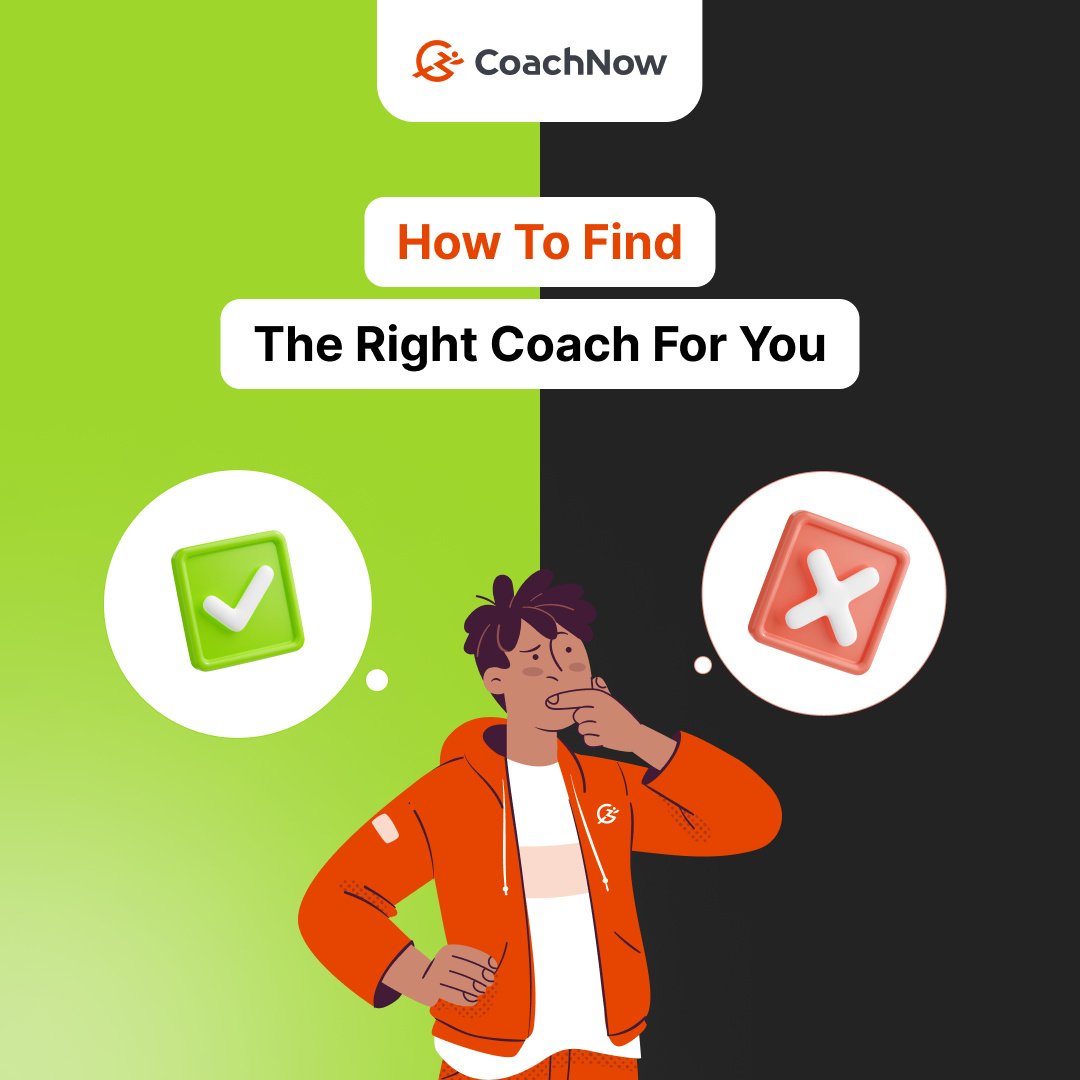Every athlete knows the importance of finding the right coach for them, and it’s hard to know where to start. Different athletes need different coaching styles to be successful, so how do you narrow down your options?
To help you navigate this process, I’ve narrowed down my top “do’s” and “don’ts” when it comes to choosing the best coach for you. There isn’t a one-size-fits-all approach to this, so take each tip and apply it to your own search how you best see fit.
For more on each of these topics, keep reading: Looking For A Coach? Make Sure They Do These 3 Things and 3 Coaching Red Flags To Watch Out For.
To help you navigate this process, I’ve narrowed down my top “do’s” and “don’ts” when it comes to choosing the best coach for you. There isn’t a one-size-fits-all approach to this, so take each tip and apply it to your own search how you best see fit.
For more on each of these topics, keep reading: Looking For A Coach? Make Sure They Do These 3 Things and 3 Coaching Red Flags To Watch Out For.
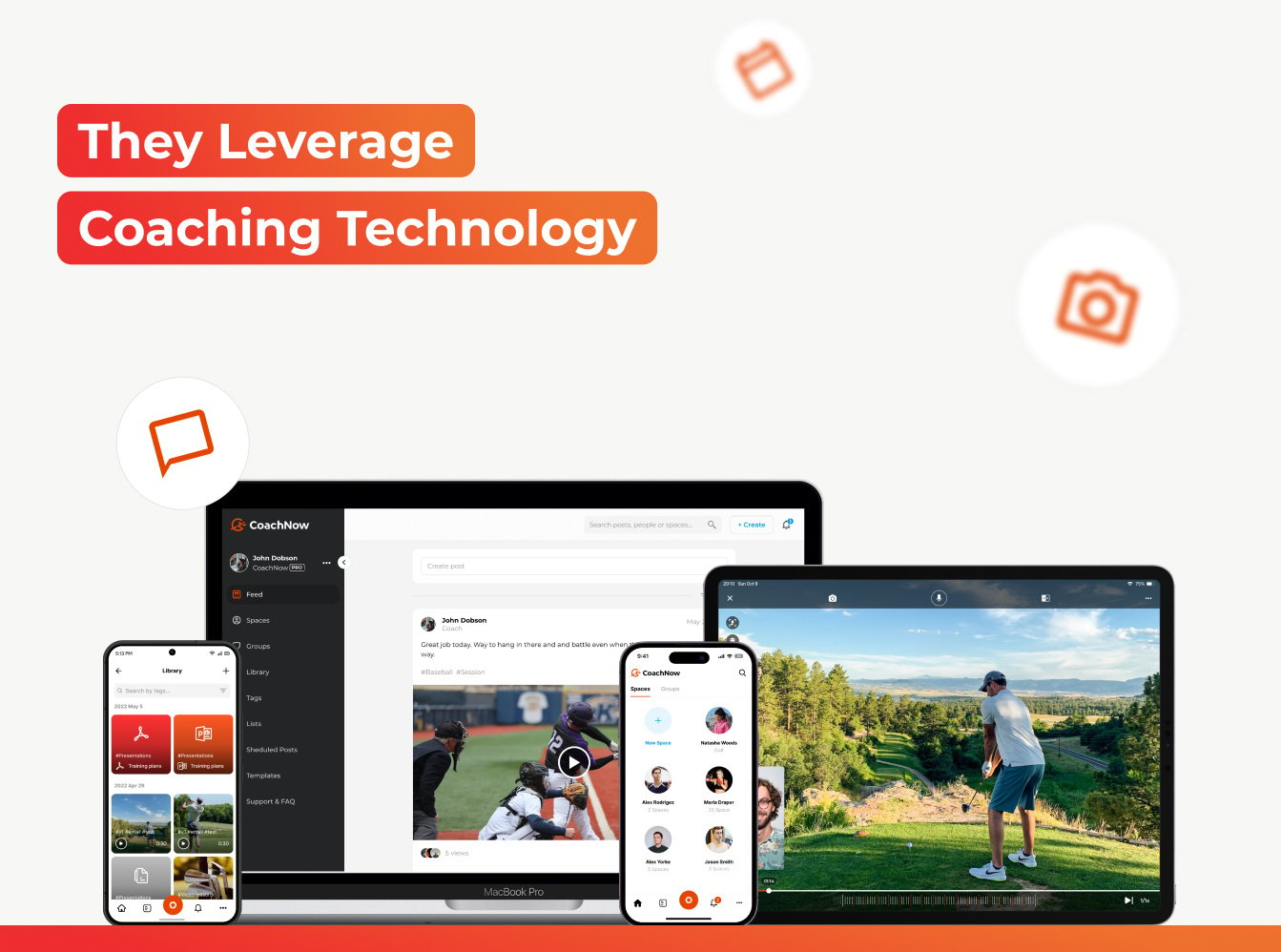
Green Flag: Find A Coach Who Leverages Coaching Technology
As I’ve said before, proper technology is crucial for modern coaching relationships. If a coach doesn’t understand the importance of technology in your development, they’re doing you a huge disservice.
With the right tech tools in place, you can easily keep track of your progress through videos, photos, notes, and feedback from your coach. Features like video analysis also take you to the next level through a more detailed approach to your training.
Not only is texting, emailing, and using other apps so inefficient for both you and your coach, but by streamlining your communication through one platform, you have way more time to focus on what matters most - your development and athletic journey.
With the right tech tools in place, you can easily keep track of your progress through videos, photos, notes, and feedback from your coach. Features like video analysis also take you to the next level through a more detailed approach to your training.
Not only is texting, emailing, and using other apps so inefficient for both you and your coach, but by streamlining your communication through one platform, you have way more time to focus on what matters most - your development and athletic journey.
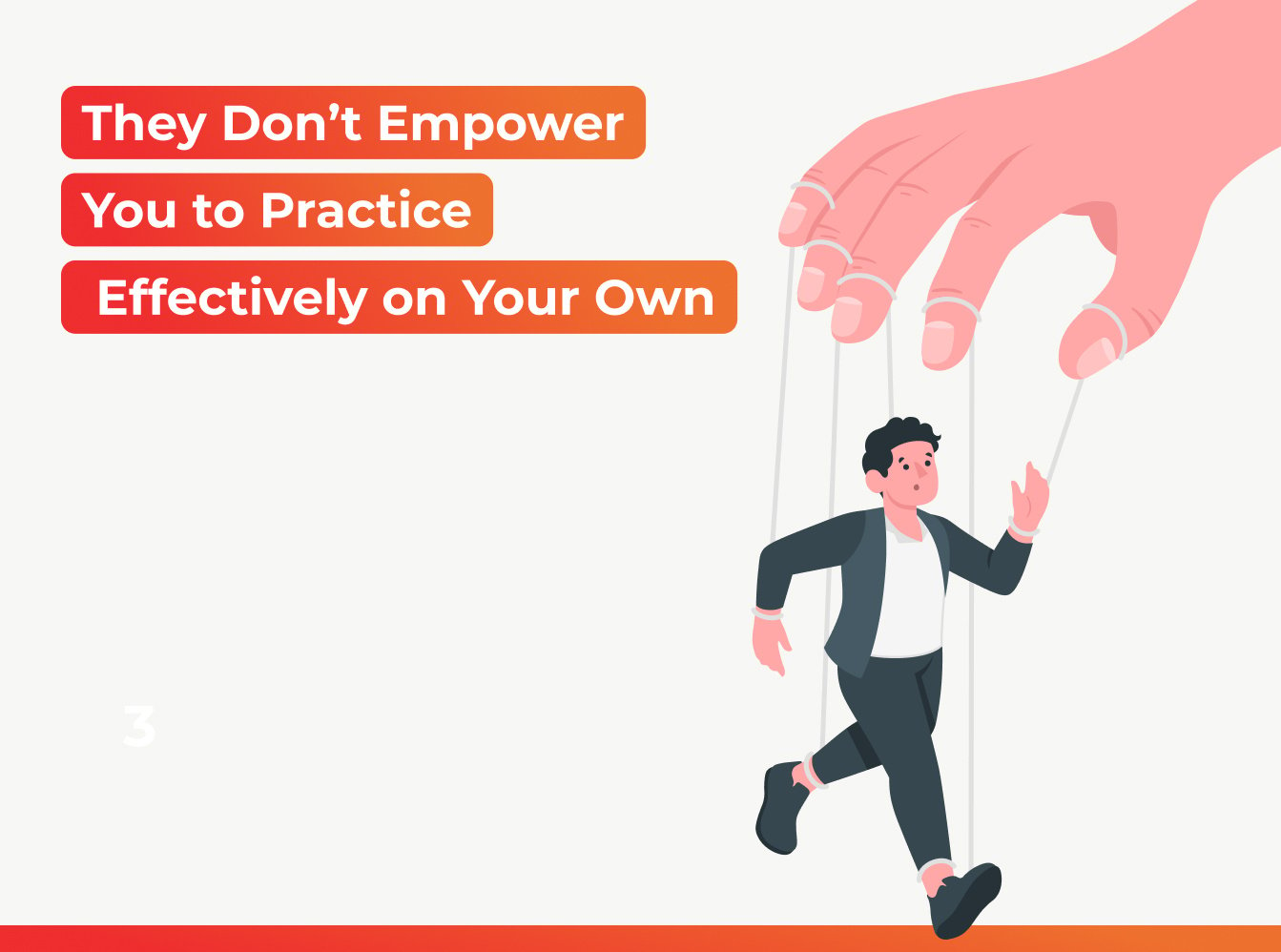
Red Flag: Doesn't Give You The Tools To Practice On Your Own
While it’s really important to have a great coach who can train you well while you’re together, it’s equally important that they provide you with the right skills to practice on your own - strive to find a good balance between the two.
By setting you up to practice effectively without their direct supervision, a coach is providing you with the tools to improve that much faster.
It can be difficult to retain all of the information that you go over during practice, but by encouraging you to set goals and reflect on your performance, you’ll master the art of retention so much quicker.
The best coaches around are the ones who help you get better when they’re not even there.
By setting you up to practice effectively without their direct supervision, a coach is providing you with the tools to improve that much faster.
It can be difficult to retain all of the information that you go over during practice, but by encouraging you to set goals and reflect on your performance, you’ll master the art of retention so much quicker.
The best coaches around are the ones who help you get better when they’re not even there.
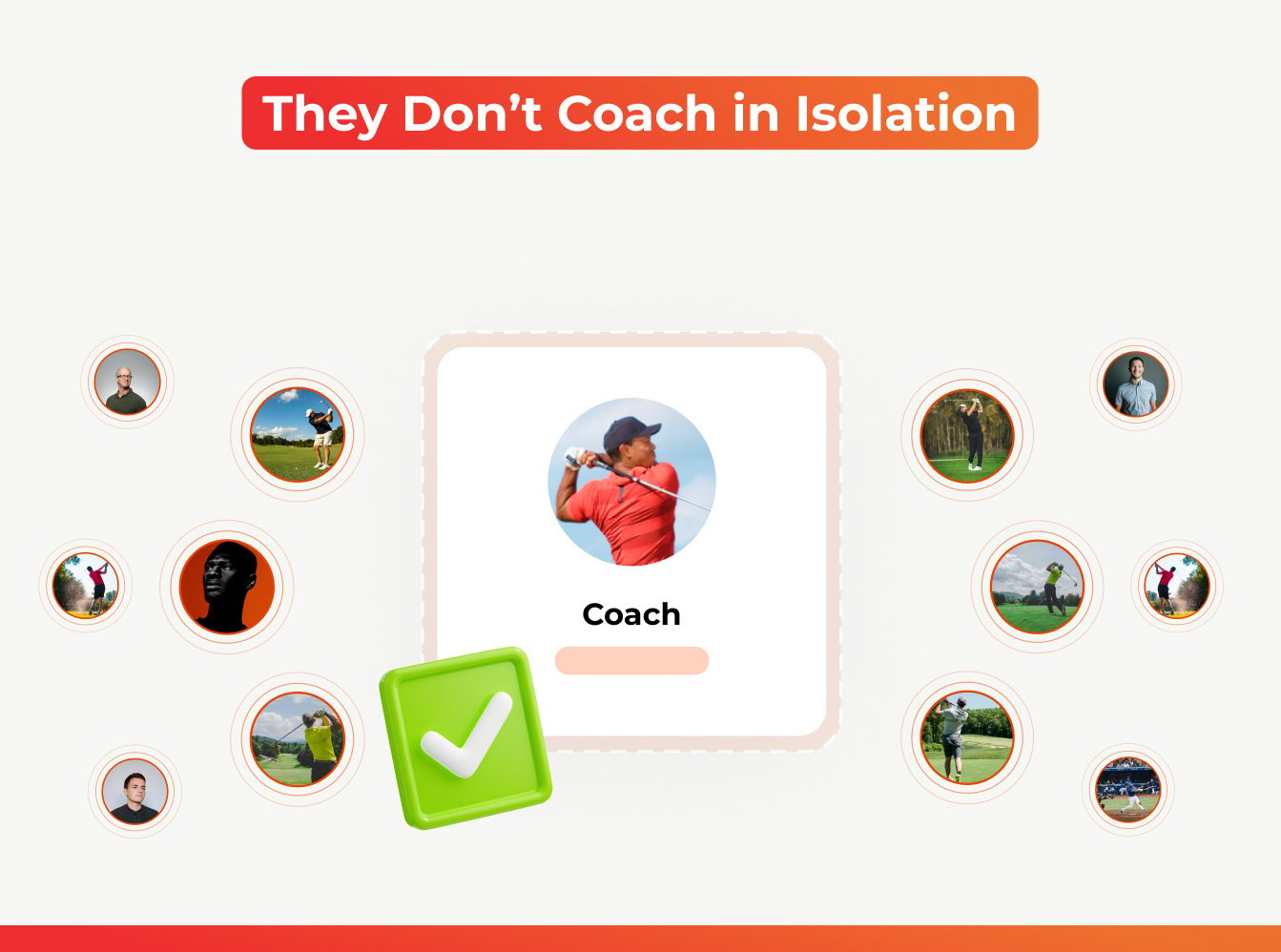
Green Flag: They Don't Coach In Isolation
Every coach should collaborate with other coaches. Why? Because no one is everything to everyone. To succeed, you need to hone in on multiple aspects of your sport.
In order to be the best version of yourself, you need to find specialists that can help you with each part of your training; ex: your swing, speed, etc.
When a coach realizes what their strengths (and weaknesses are), and where another professional can help you improve better than they can, it’s a great sign that they truly care about your improvement (and not their ego).
In order to be the best version of yourself, you need to find specialists that can help you with each part of your training; ex: your swing, speed, etc.
When a coach realizes what their strengths (and weaknesses are), and where another professional can help you improve better than they can, it’s a great sign that they truly care about your improvement (and not their ego).
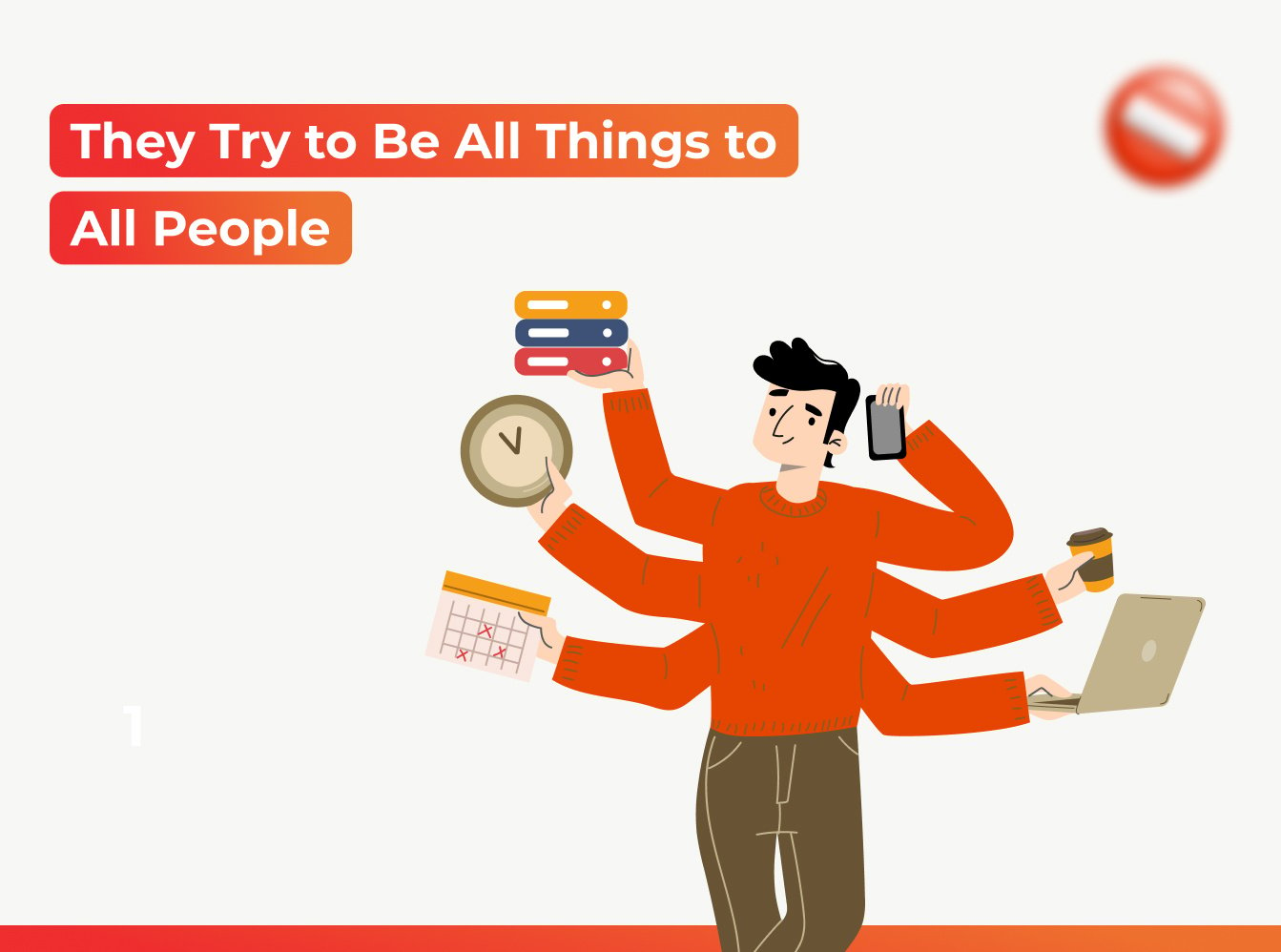
Red Flag: They Try to Be All Things to All People
A common concern is a coach who thinks they can be all things to all people. When this happens, they end up being nothing to nobody.
A coach’s main priority should be your development, so with that in mind, they need to understand where their shortcomings are. If a coach claims to be able to help you with countless different aspects of your training, I’d say that’s a pretty big red flag.
A coach’s main priority should be your development, so with that in mind, they need to understand where their shortcomings are. If a coach claims to be able to help you with countless different aspects of your training, I’d say that’s a pretty big red flag.
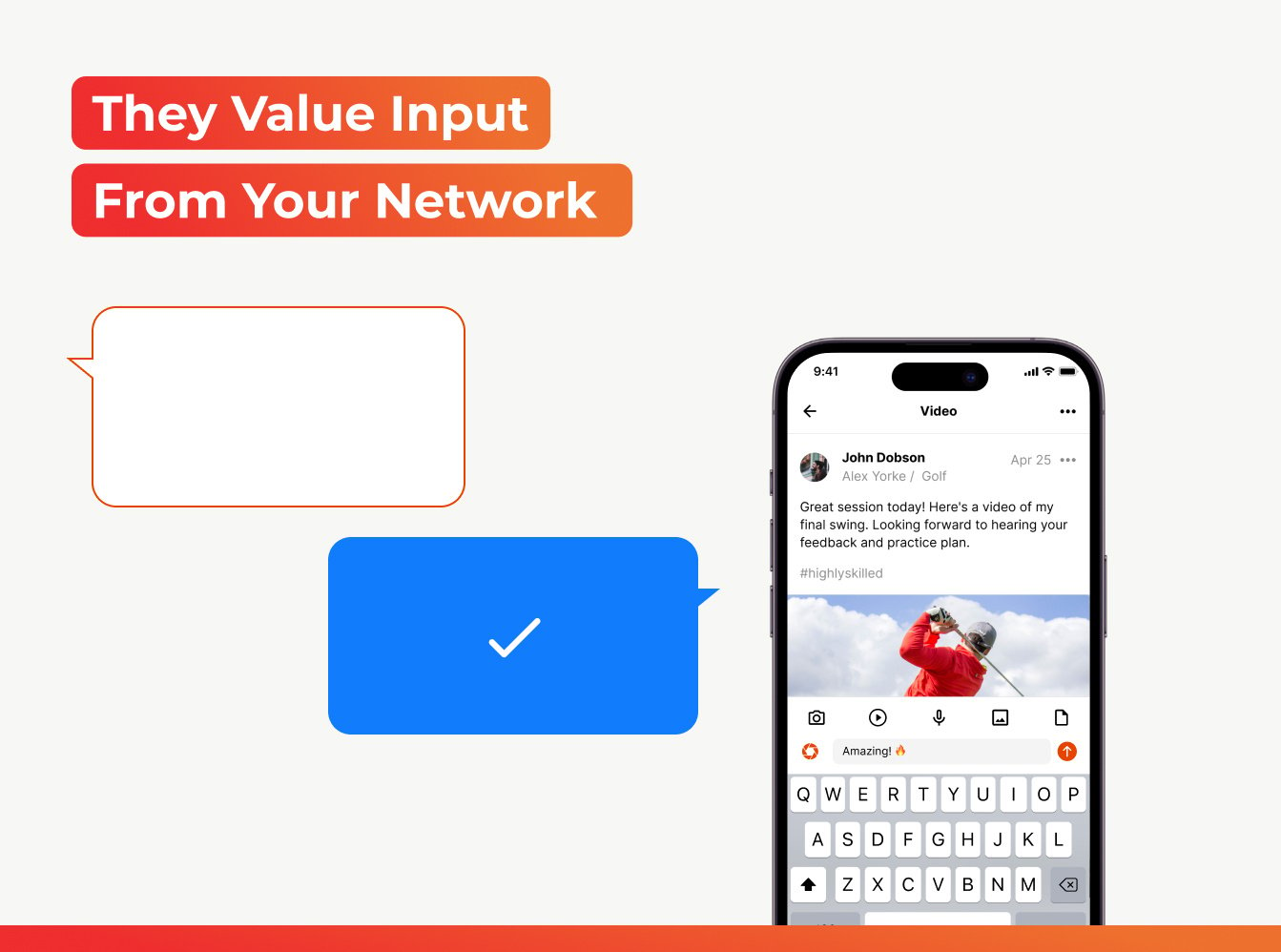
Green Flag: They Value Input From Your Network
The parent-coaching relationship can often become tense for multiple reasons. So when a coach understands the importance of your network (friends, family, etc.), it’s a good sign.
It doesn’t have to be this way.
By communicating openly with your network and encouraging their input, everyone will be happier and working towards their shared goal: your progress.
It doesn’t have to be this way.
By communicating openly with your network and encouraging their input, everyone will be happier and working towards their shared goal: your progress.
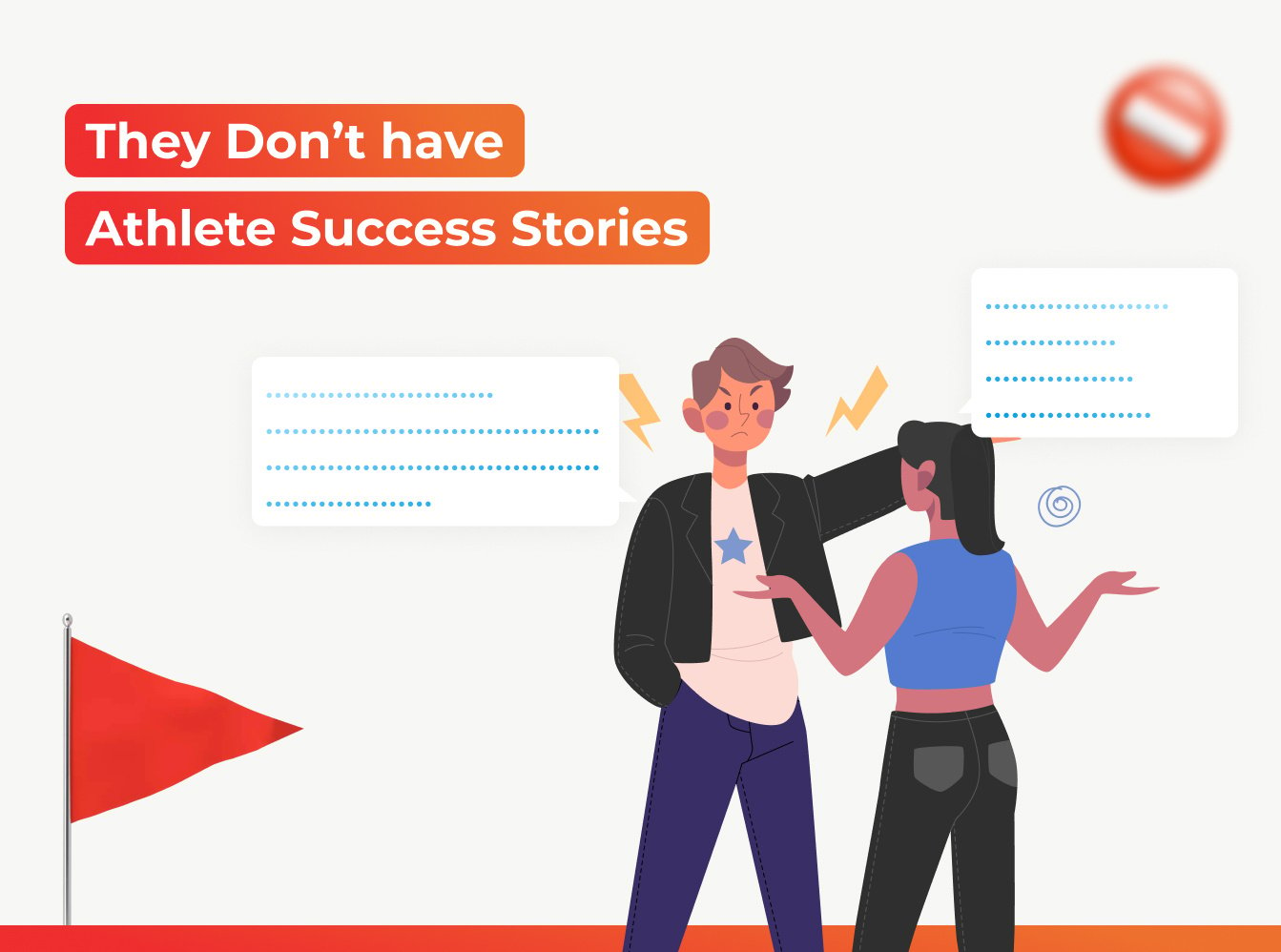
Red Flag: They Don’t have Athlete Success Stories
If a coach doesn’t have examples of other athletes that have found success in their program, that’s a pretty big red flag.
Similarly, if they don’t encourage you to speak to their other athletes and get more insight on their coaching style and training, that’s a cause for concern in my book.
A coach should want to make sure that you’re 100% happy with your decision to be coached by them and not pressuring you into it with limited knowledge.
A great way to help support you make the right decision is by speaking to their athletes and learning more about their experiences with this coach. A great coach should be more than happy to share their references with you.
Similarly, if they don’t encourage you to speak to their other athletes and get more insight on their coaching style and training, that’s a cause for concern in my book.
A coach should want to make sure that you’re 100% happy with your decision to be coached by them and not pressuring you into it with limited knowledge.
A great way to help support you make the right decision is by speaking to their athletes and learning more about their experiences with this coach. A great coach should be more than happy to share their references with you.
By following these do’s and don’ts, you can rest assured that you’re on the right track when it comes to finding the right coaching fit for you.
Ultimately, prioritize coaches who prioritize you - their ultimate goal should always be helping you become the best version of yourself possible.
What advice do you have for other athletes who are looking for a coach? I’d love to hear from you!
Ultimately, prioritize coaches who prioritize you - their ultimate goal should always be helping you become the best version of yourself possible.
What advice do you have for other athletes who are looking for a coach? I’d love to hear from you!
